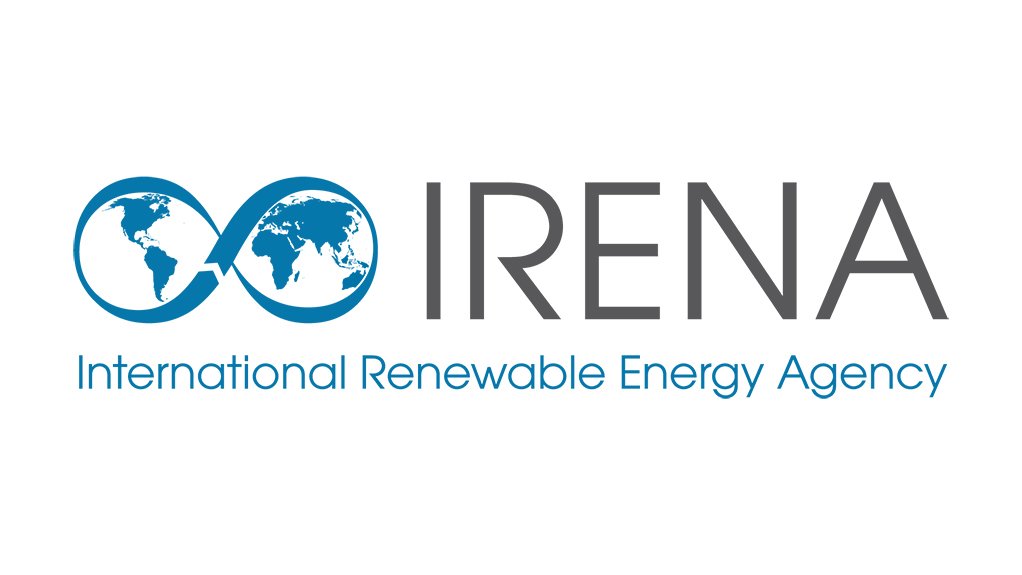- Socio-economic Footprint of the Energy Transition: Japan15.16 MB
Japan has one of the highest installed renewable energy capacities in the world. The country is also one of the world’s largest consumers of energy. Lacking its own fossil fuel resources, it relies on imports for nearly all of its supply. This dependence on imports makes the country vulnerable to external forces, such as volatile fossil fuel prices and geopolitical shocks. Across the economy at large, the country is also facing socioeconomic challenges related to an ageing population and a shrinking rural economy.
Japan has pledged to achieve carbon neutrality by 2050, and key question is how such a complex transformation affects the well-being and overall welfare of the Japanese people. The analysis in this report shows that a scenario involving larger amounts of renewable energy and less energy demand – in short, a comprehensive and more ambitious energy transformation in tune with Paris Climate Agreement goals – supports core policy objectives such as economic growth and social well-being, and provides a unique opportunity to revitalise the rural economy, increase regional autonomy and create jobs.
However, technological deployment alone will not necessarily deliver economic and social gains. To maximise the benefits of the energy transition, a wider policy framework is needed. Stakeholders and institutions of multiple sectors need to come together to create a conducive environment for the energy transition and implement a holistic policy framework that is just and inclusive.
Report by Irena
EMAIL THIS ARTICLE SAVE THIS ARTICLE ARTICLE ENQUIRY
To subscribe email subscriptions@creamermedia.co.za or click here
To advertise email advertising@creamermedia.co.za or click here











